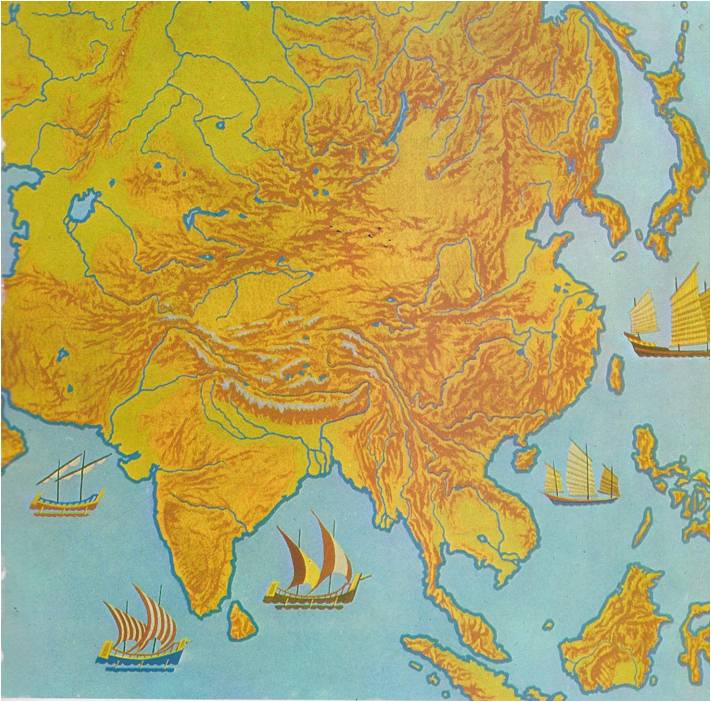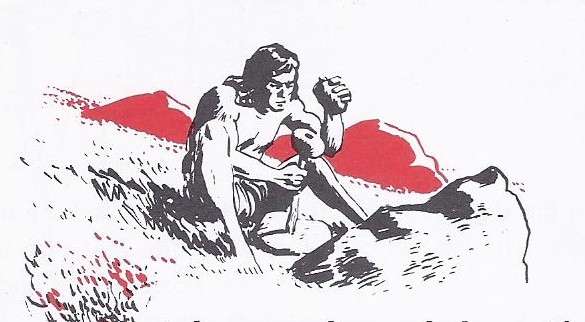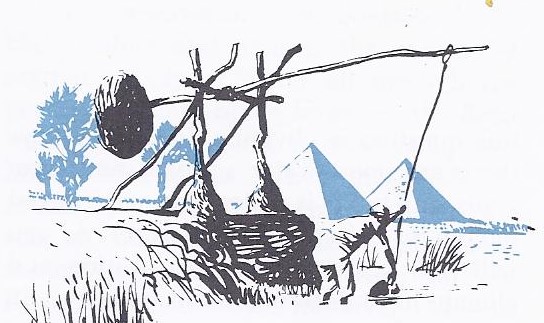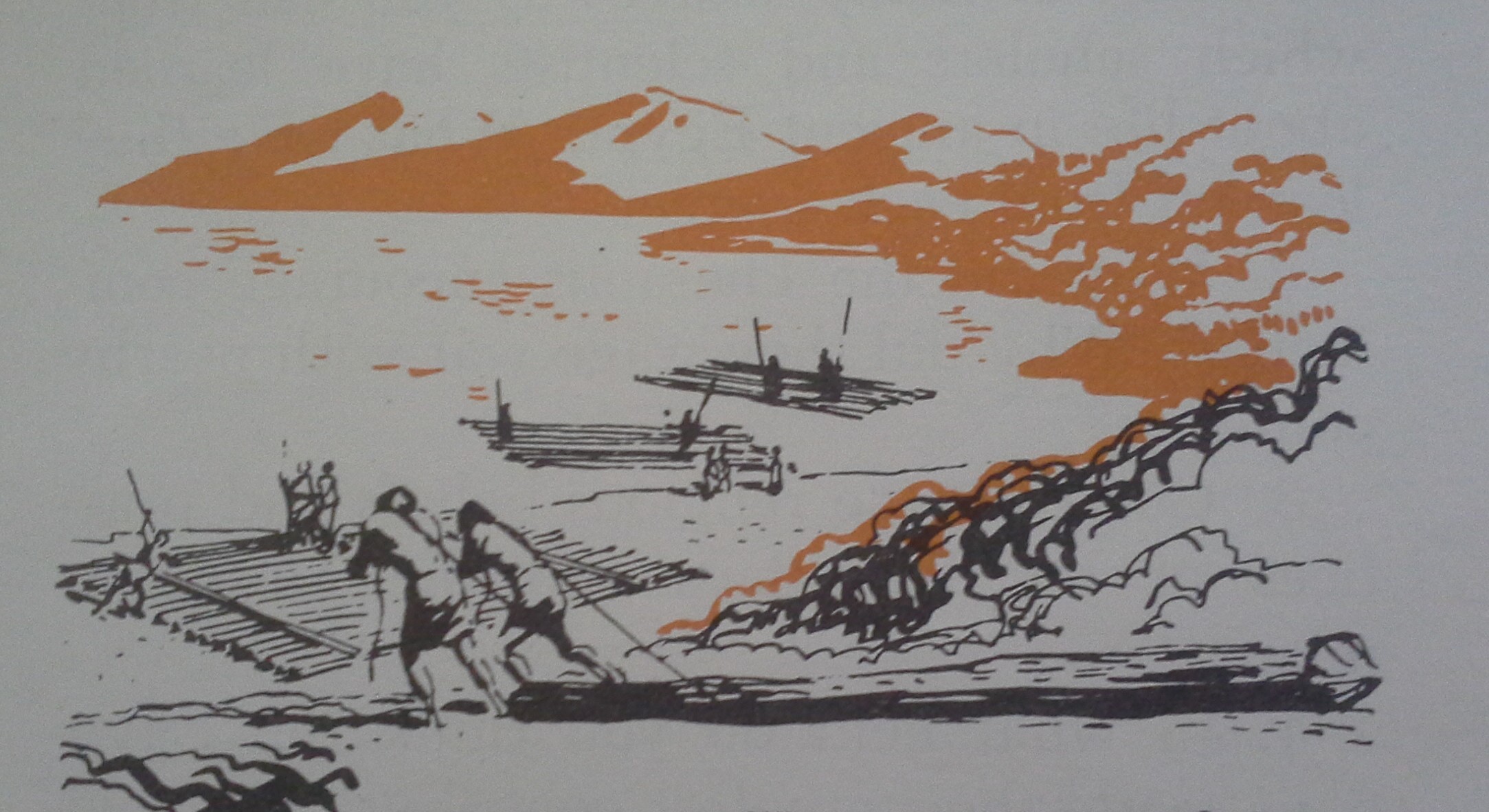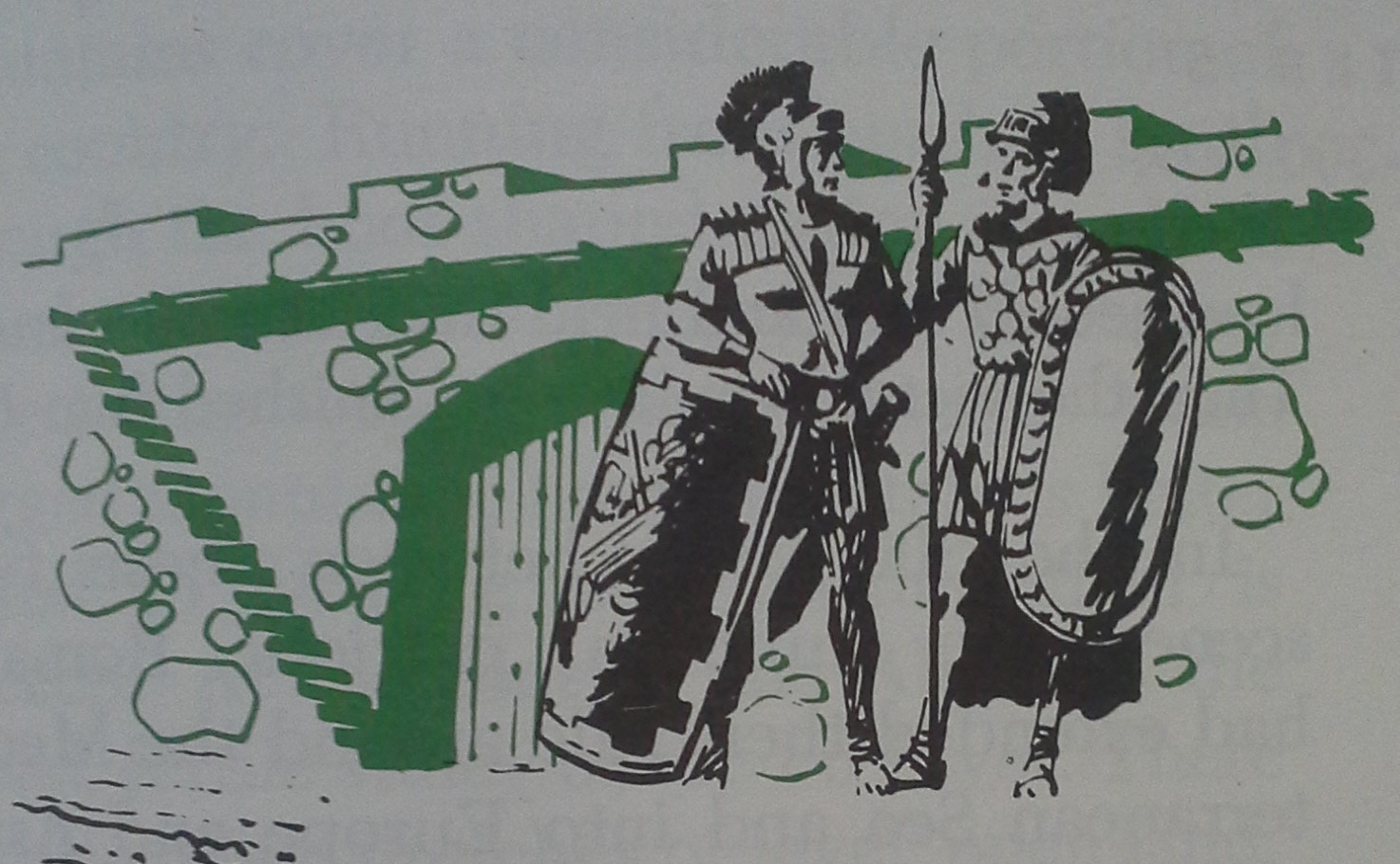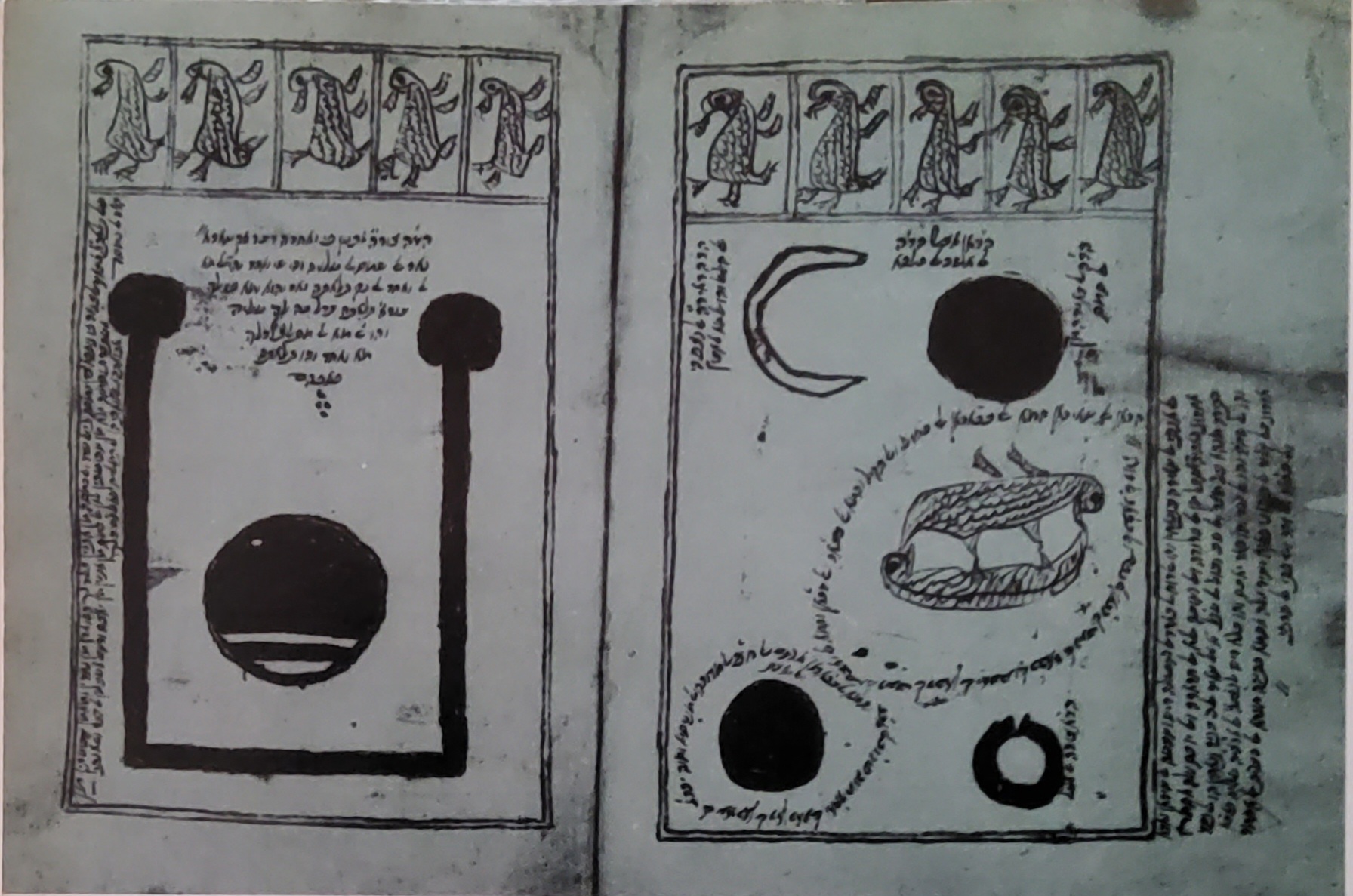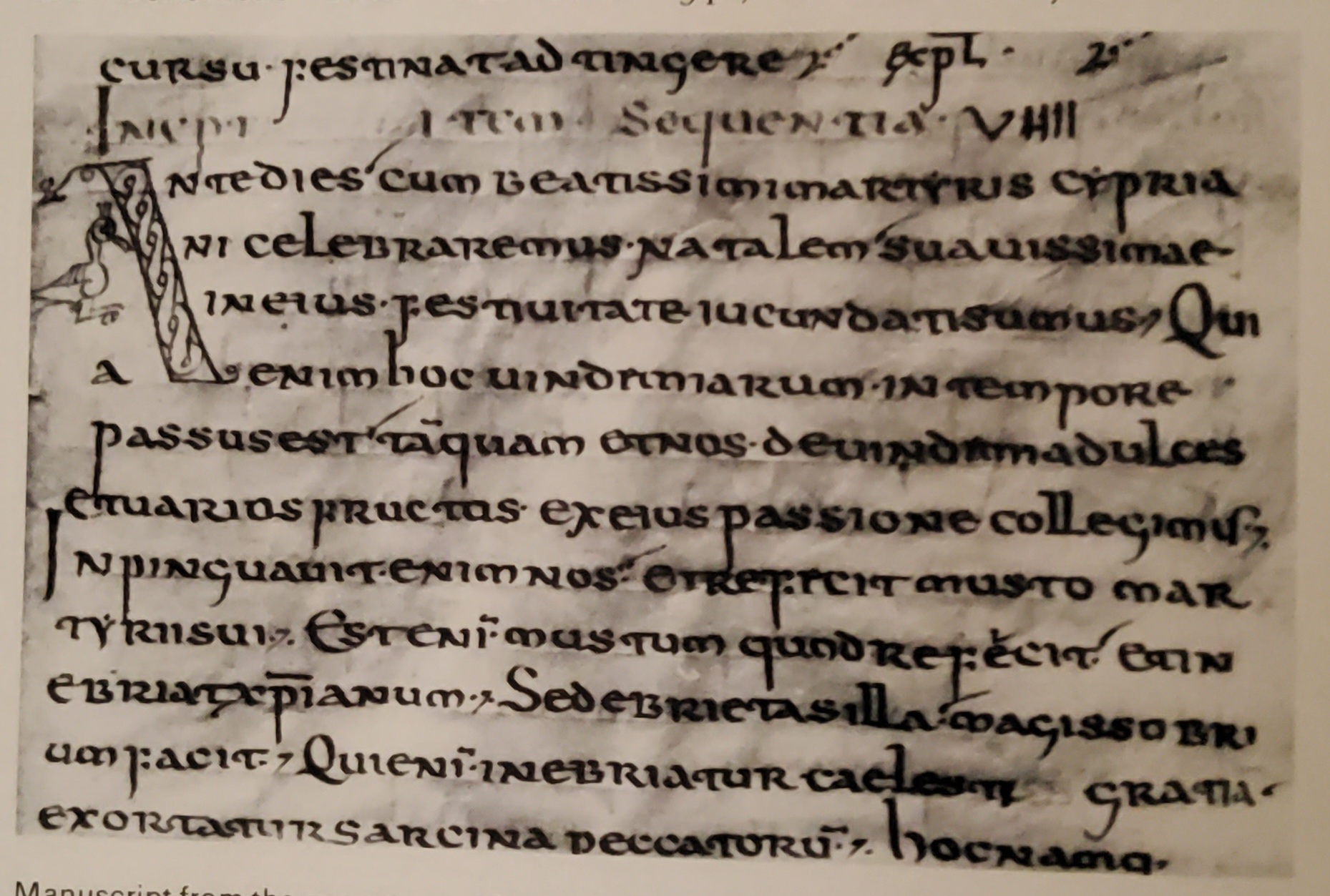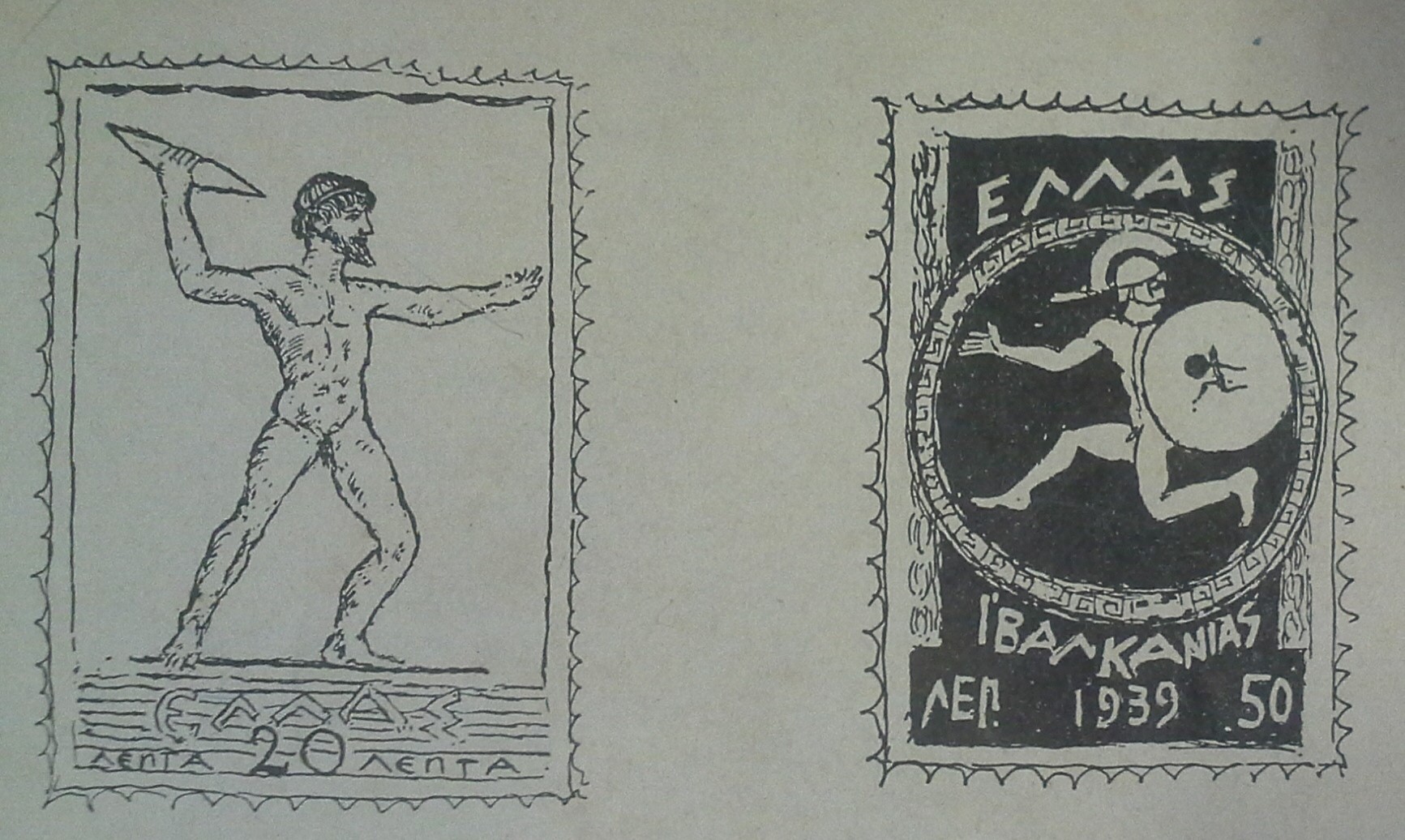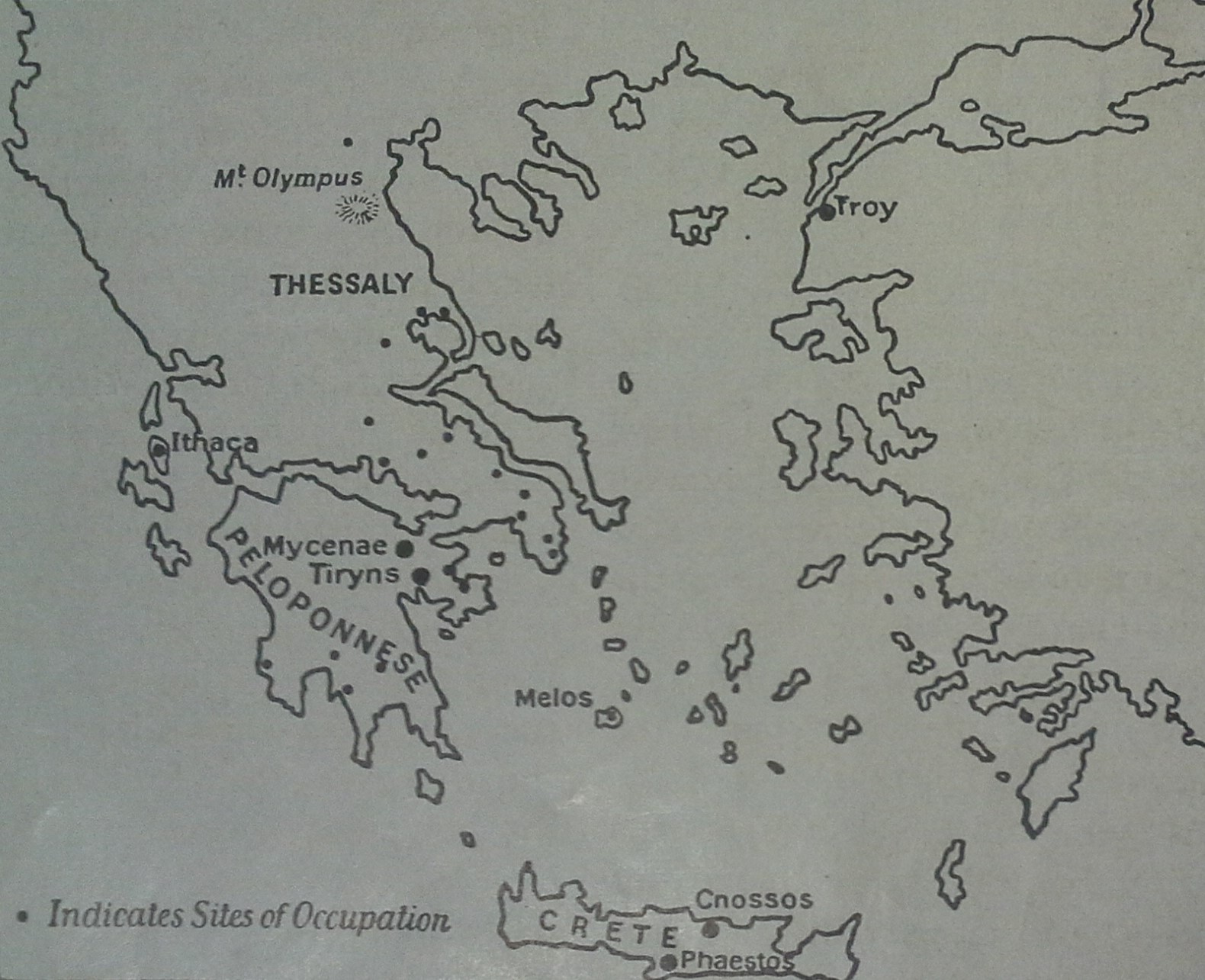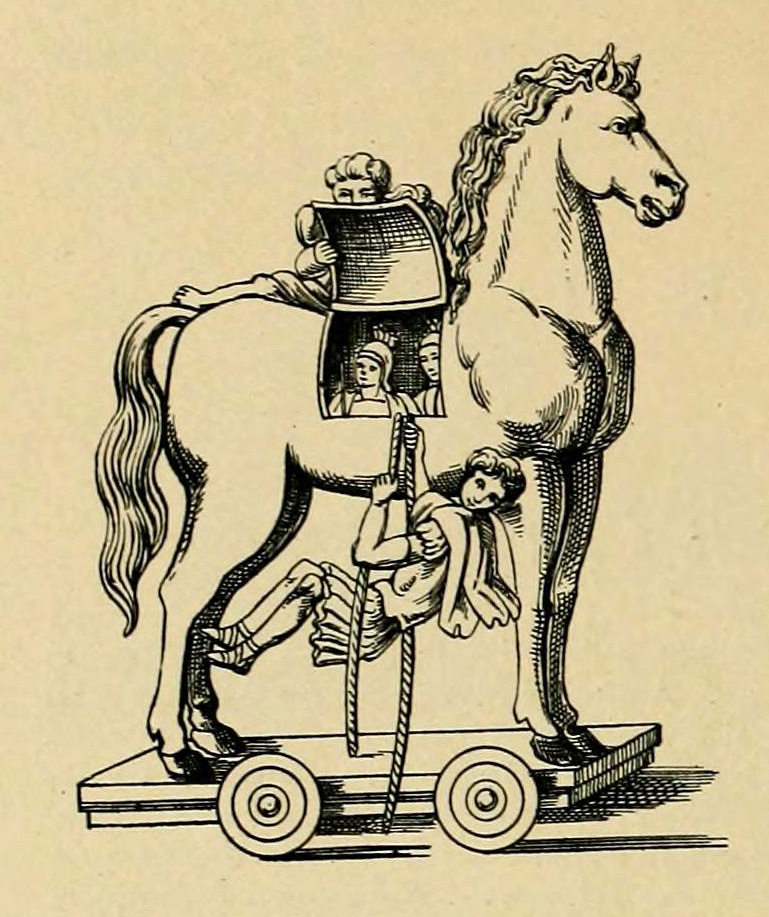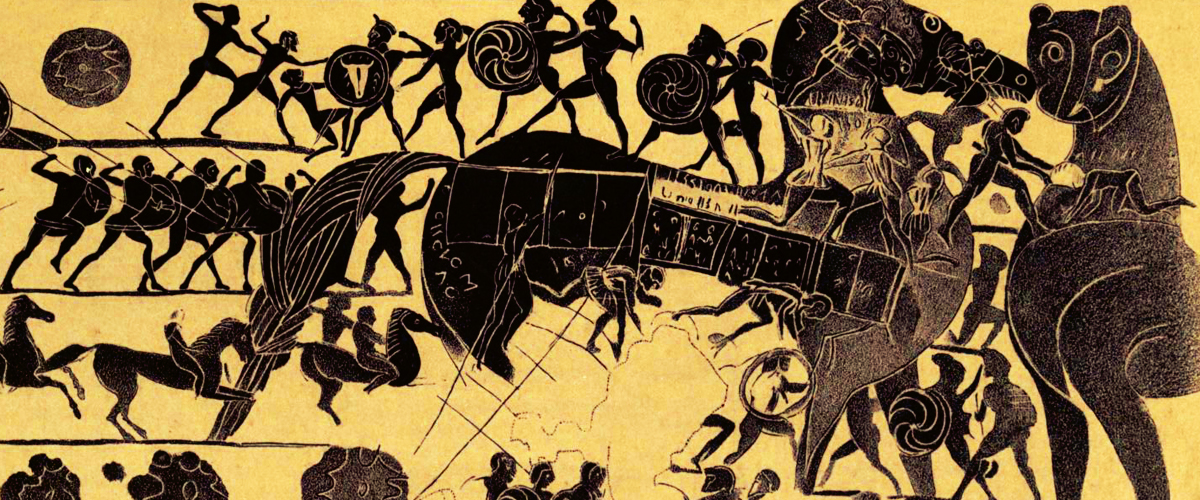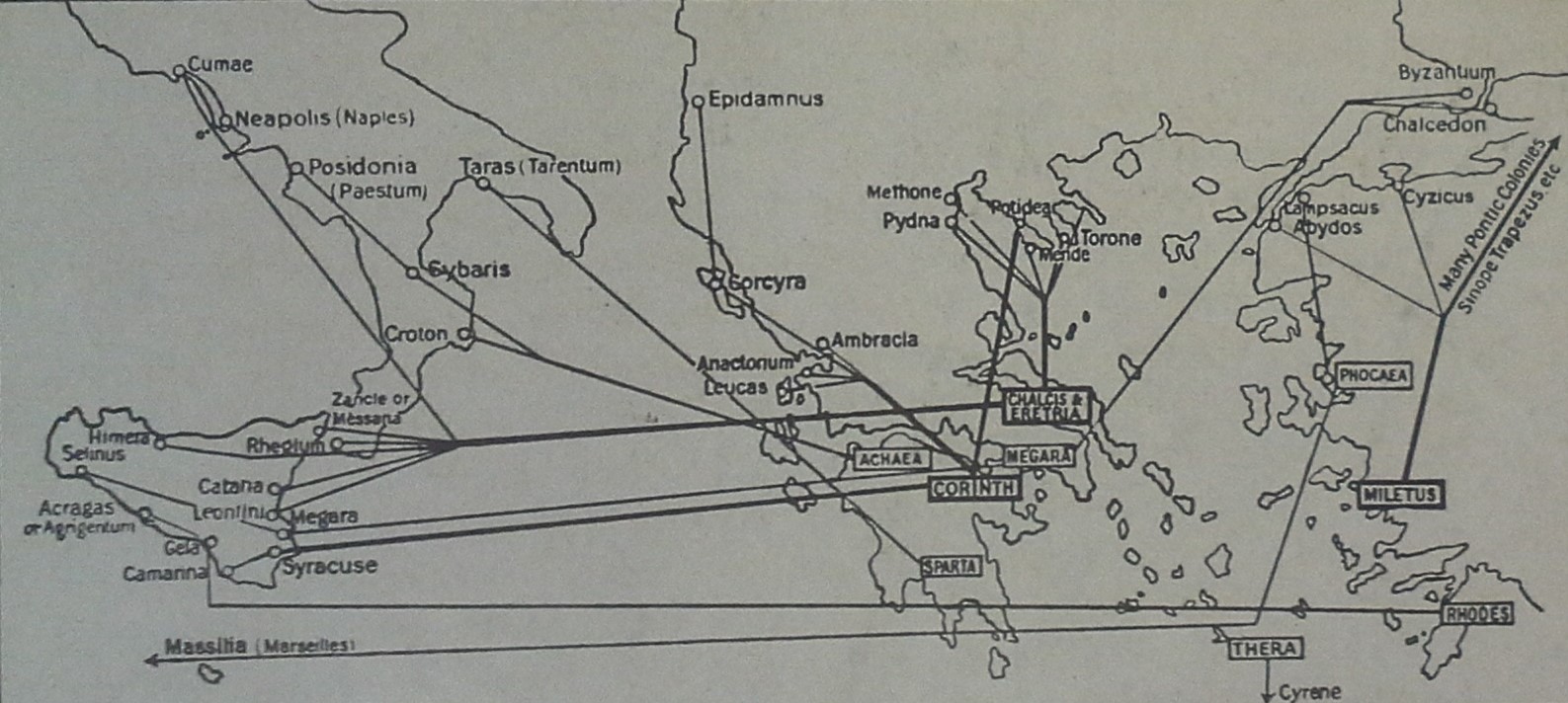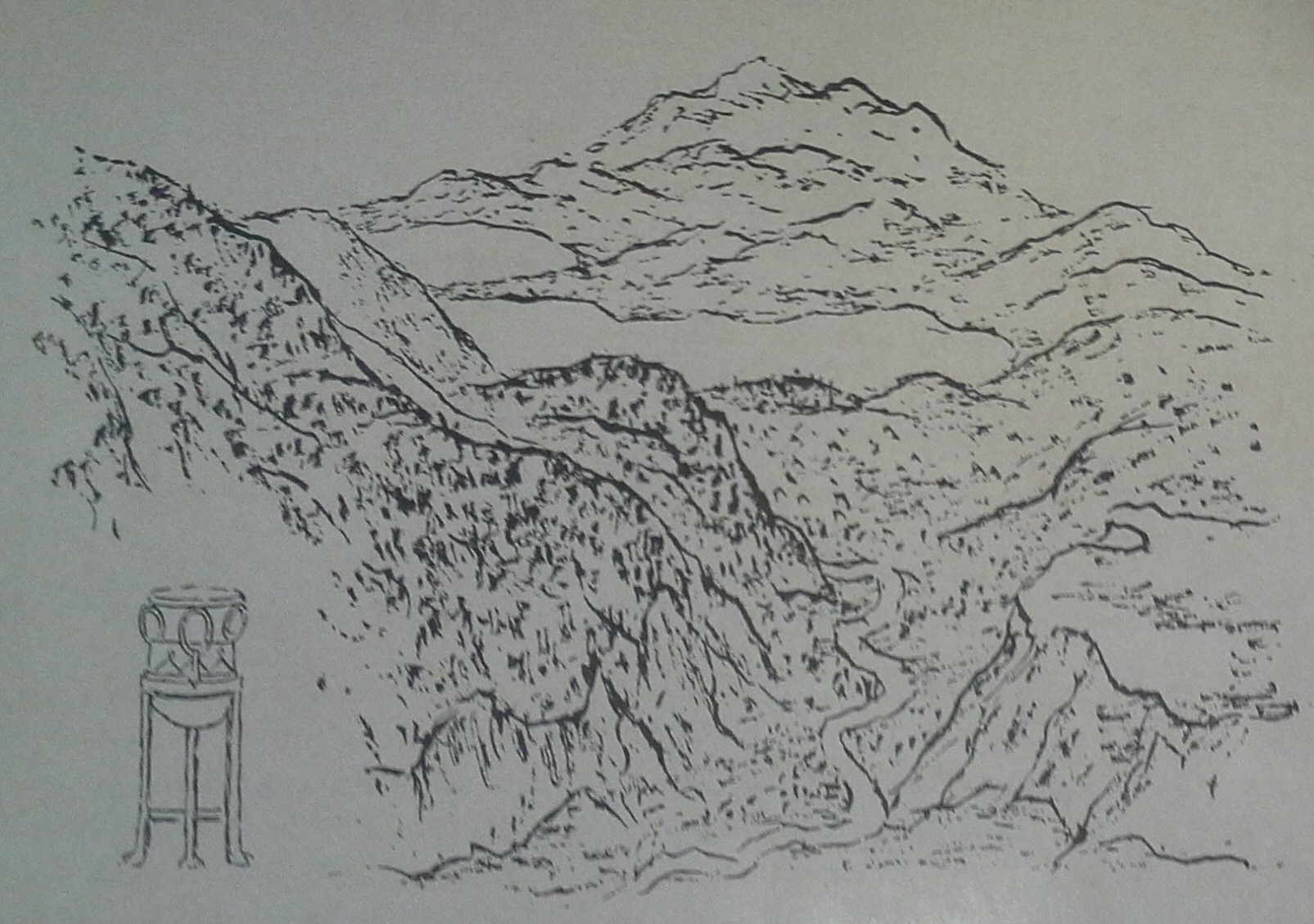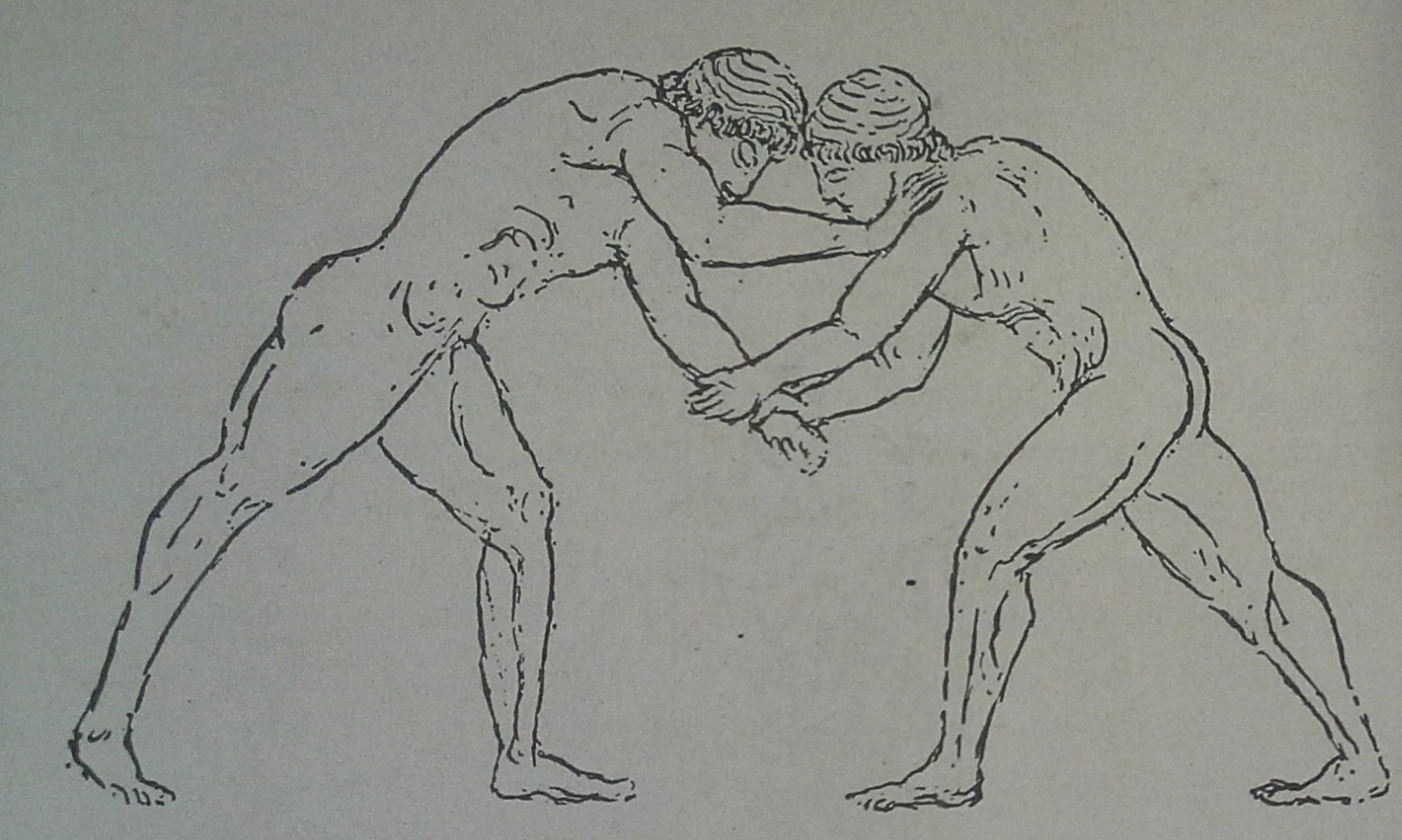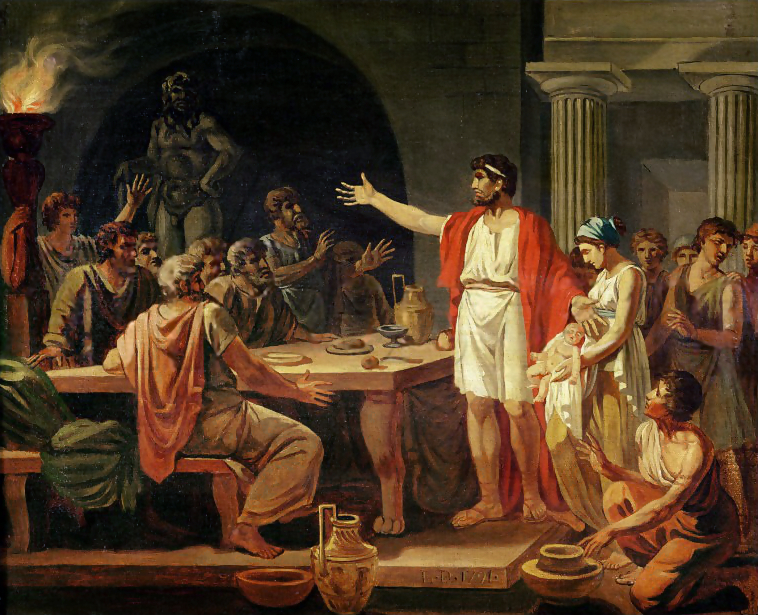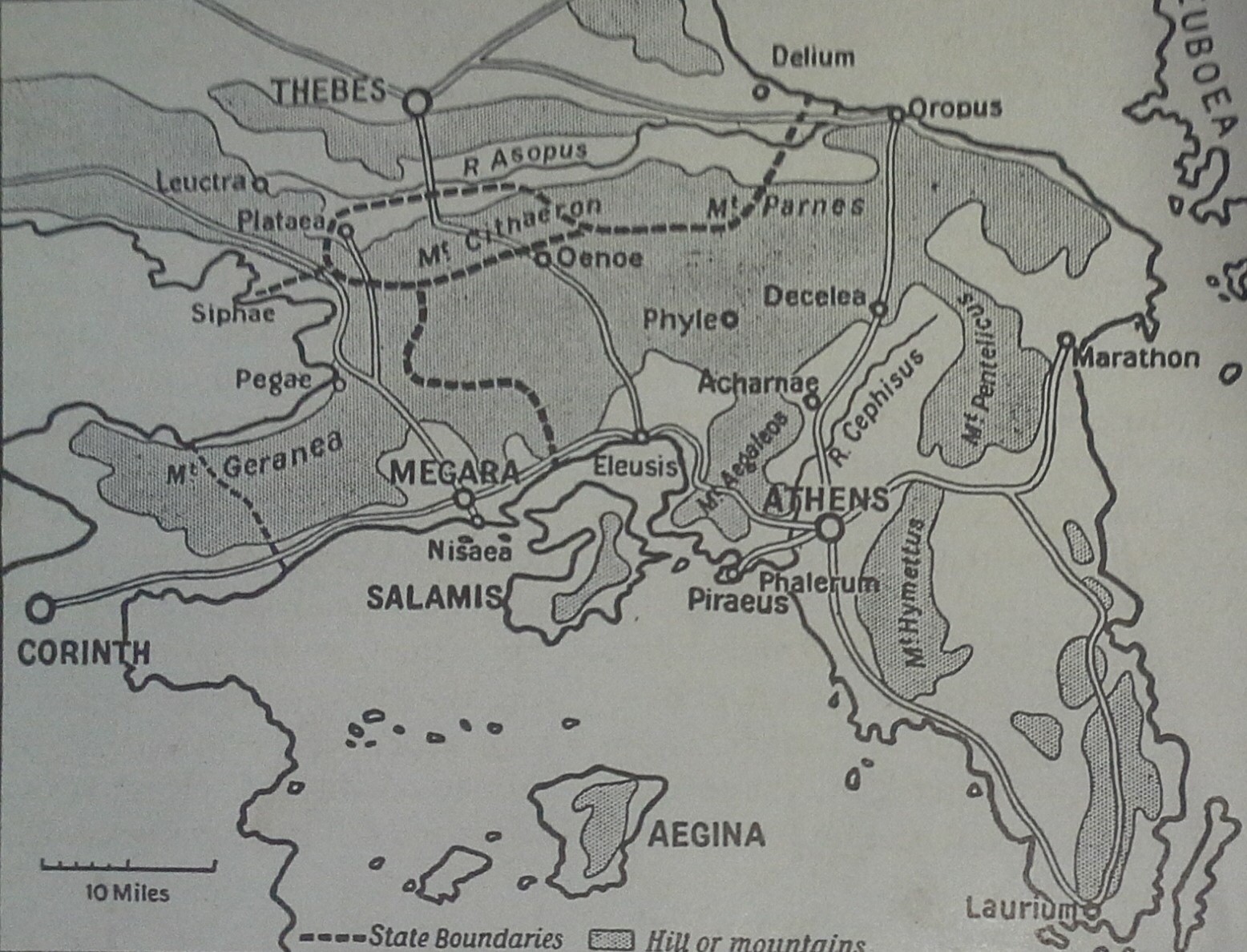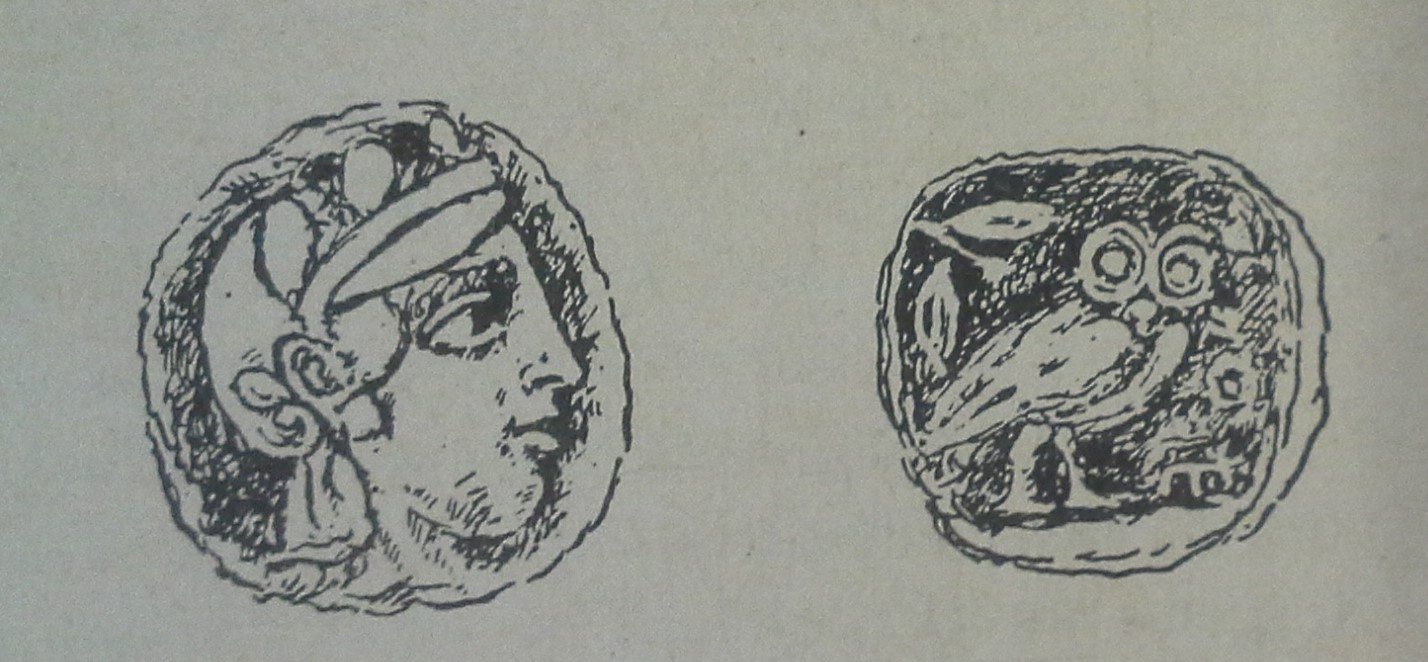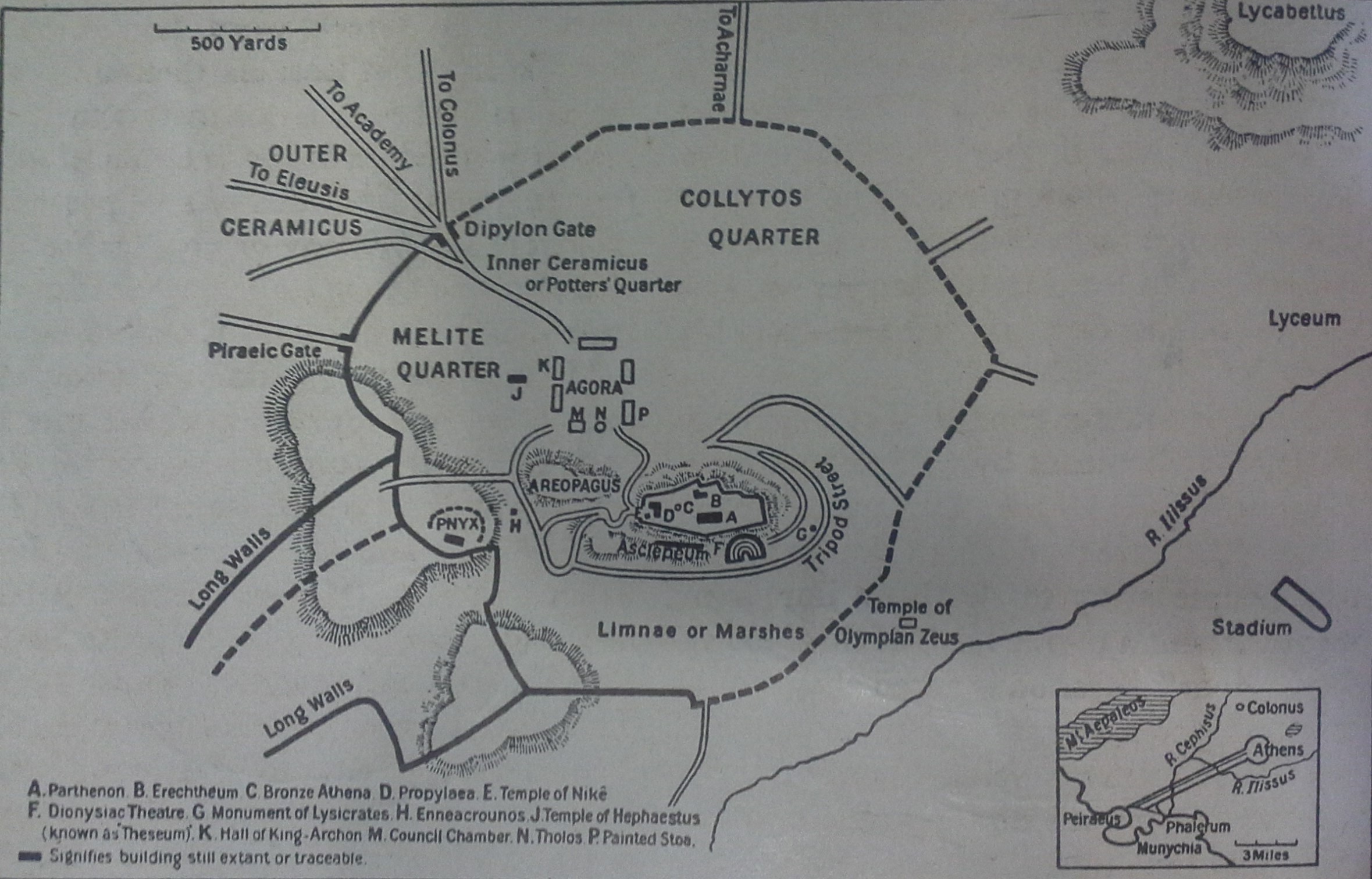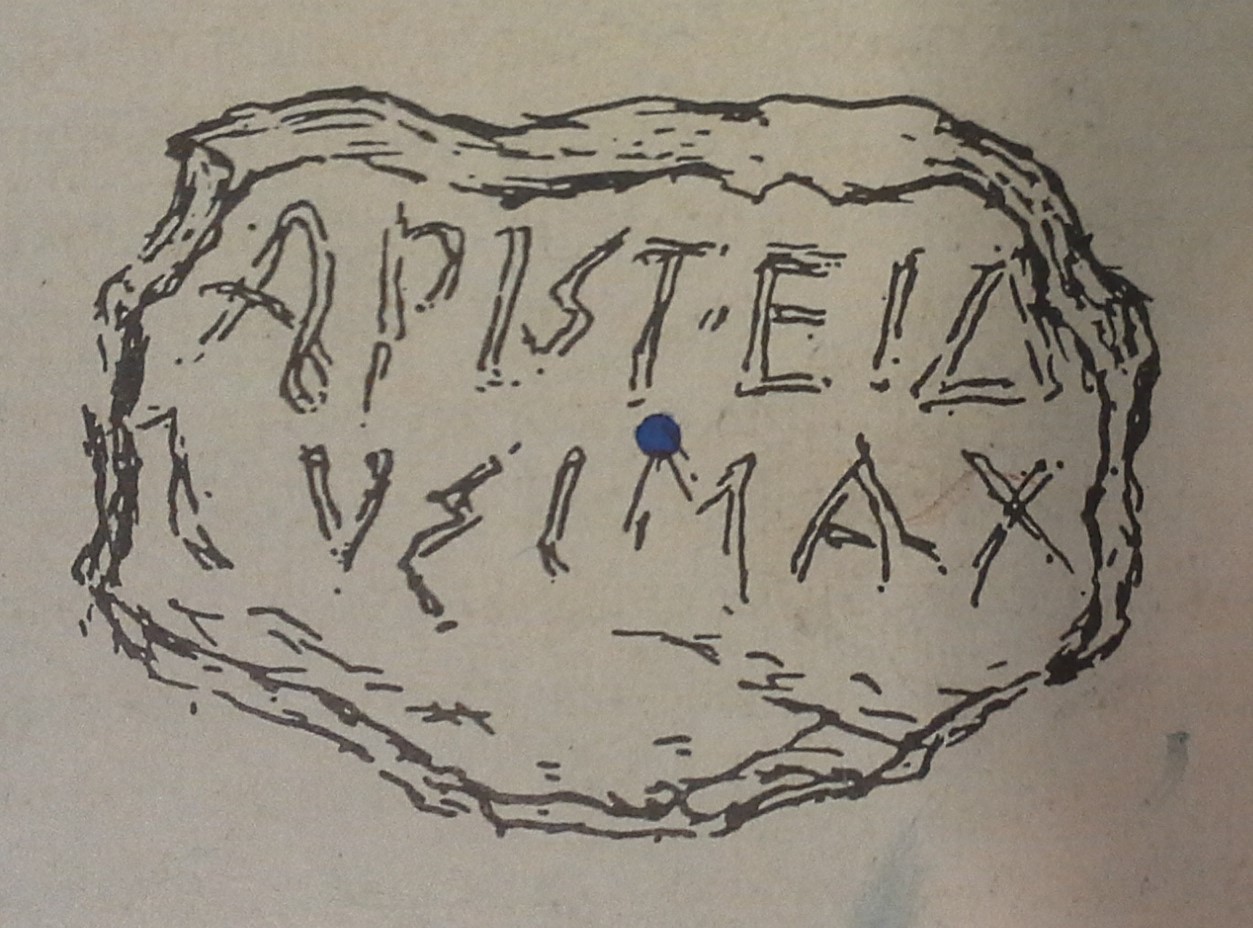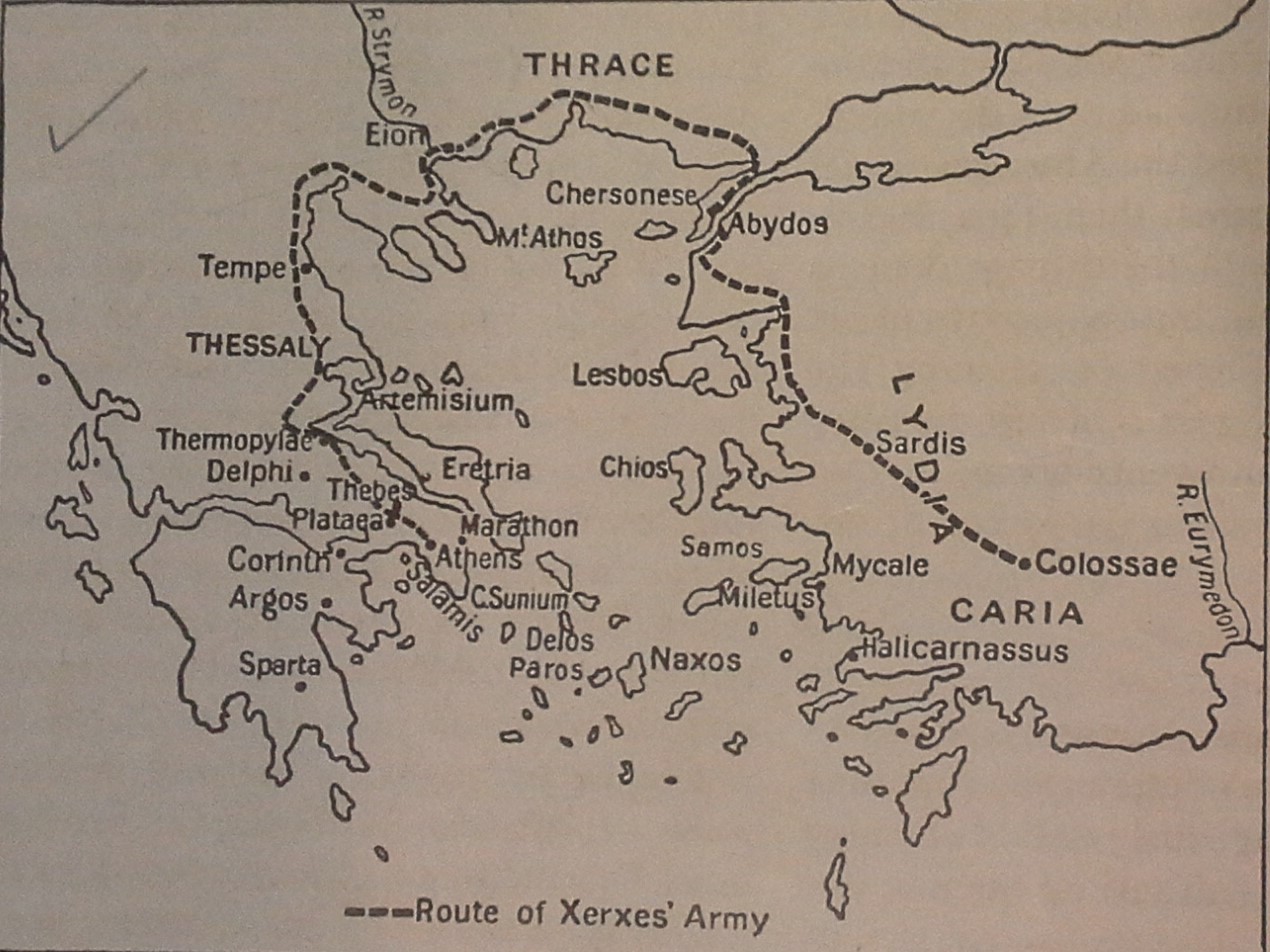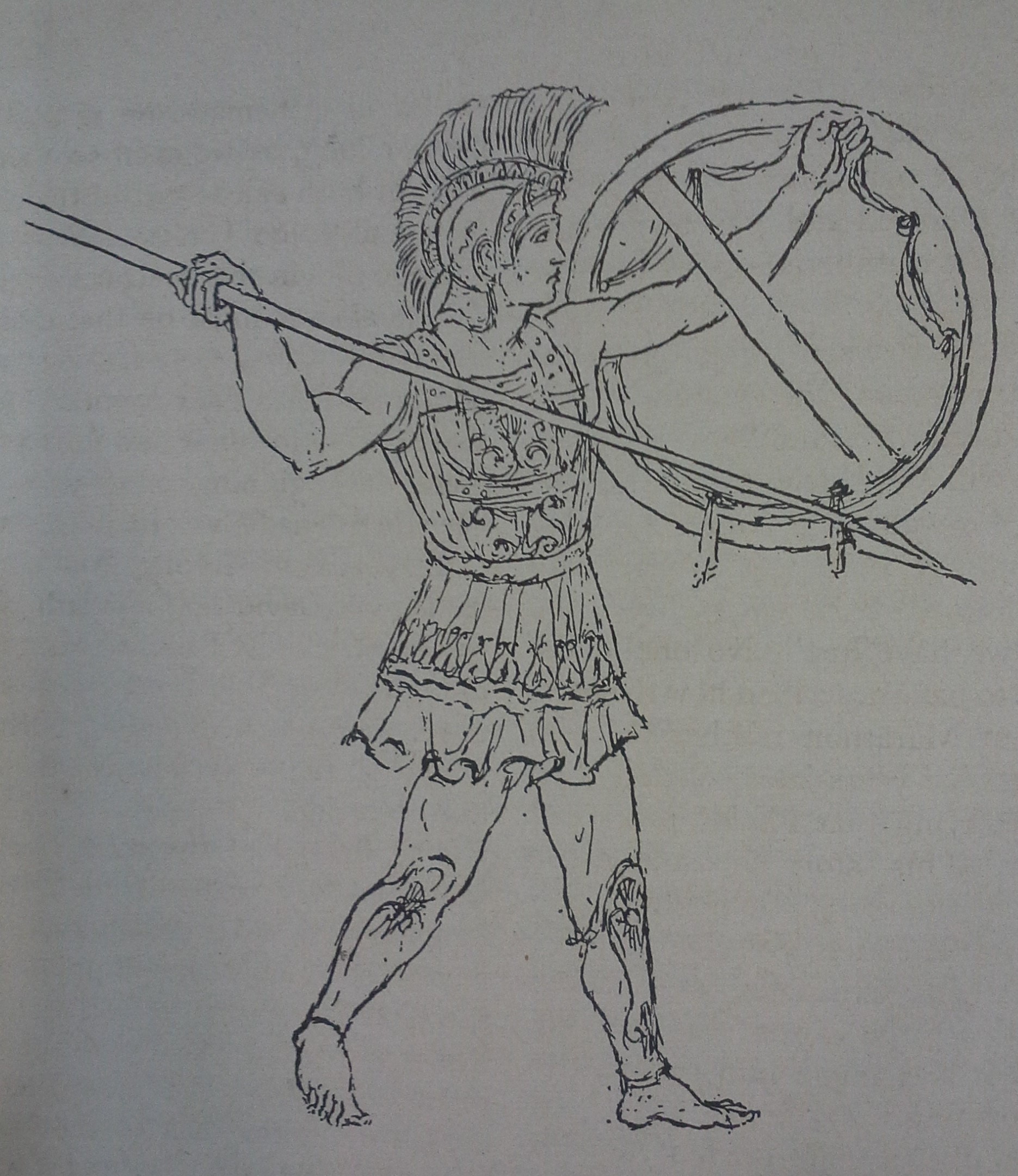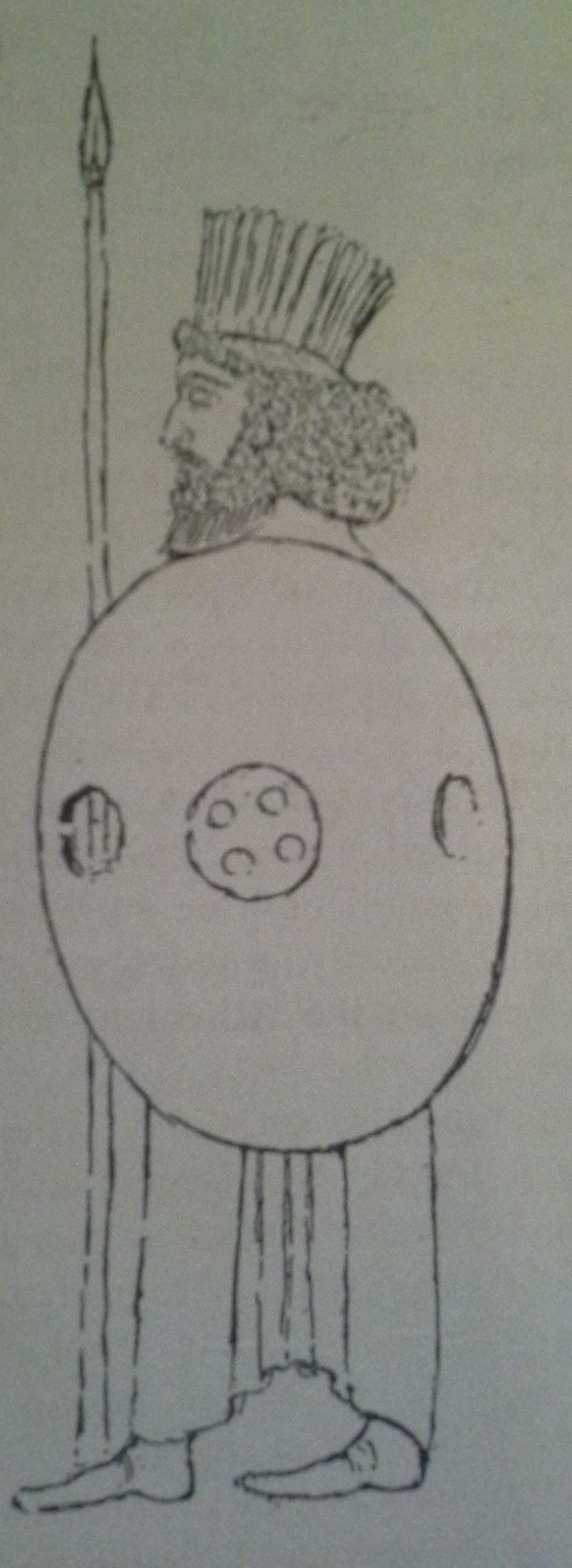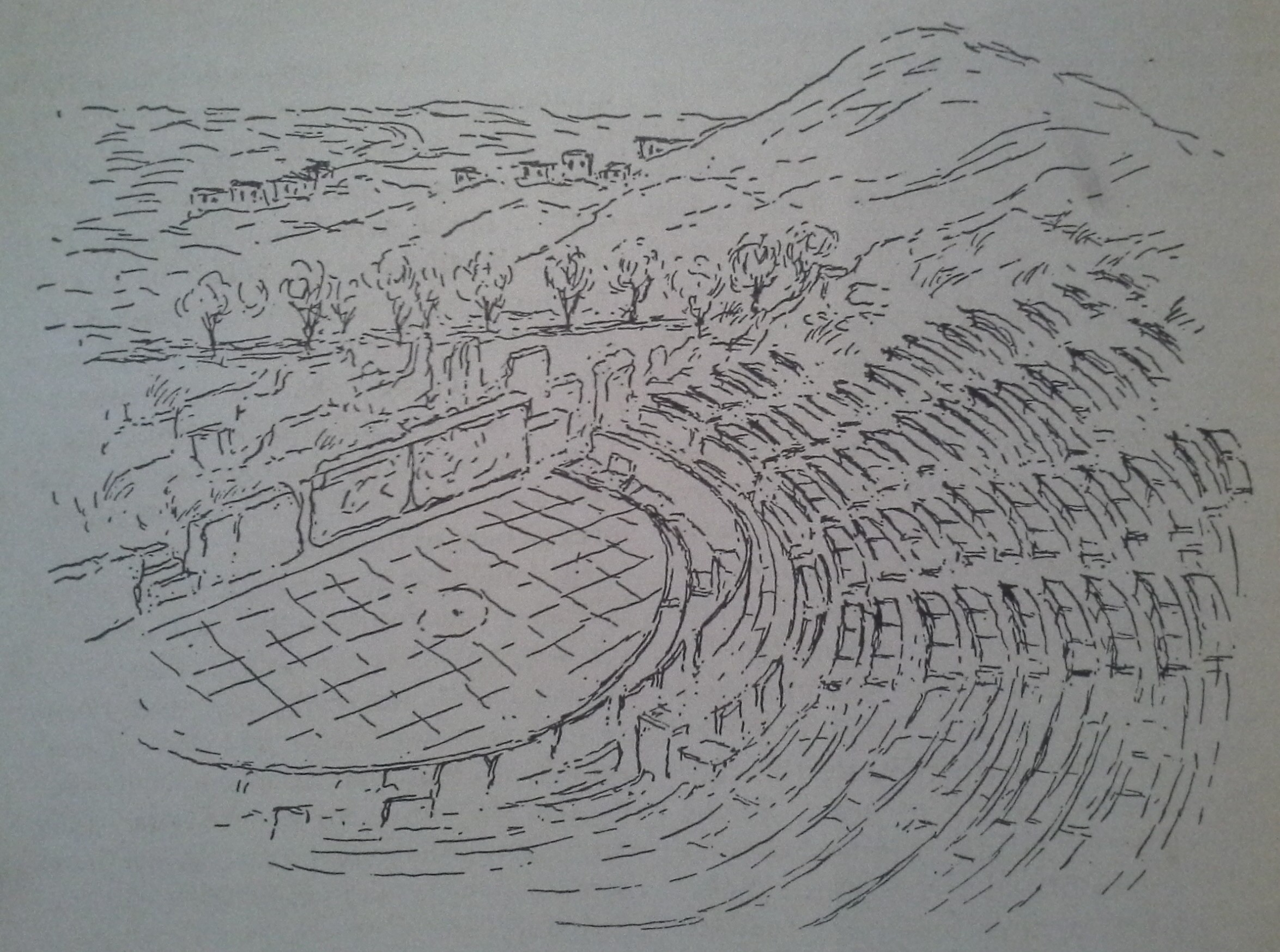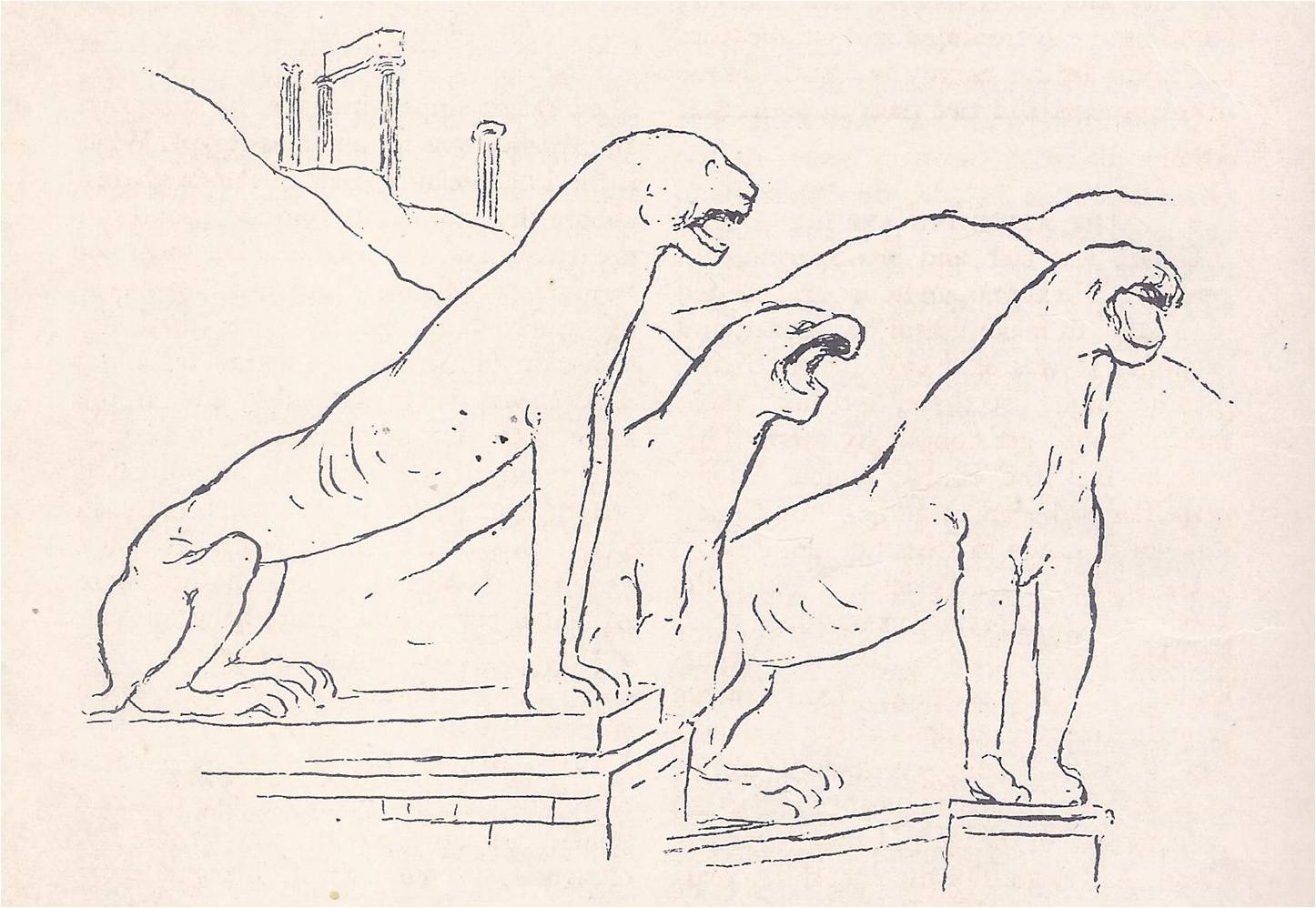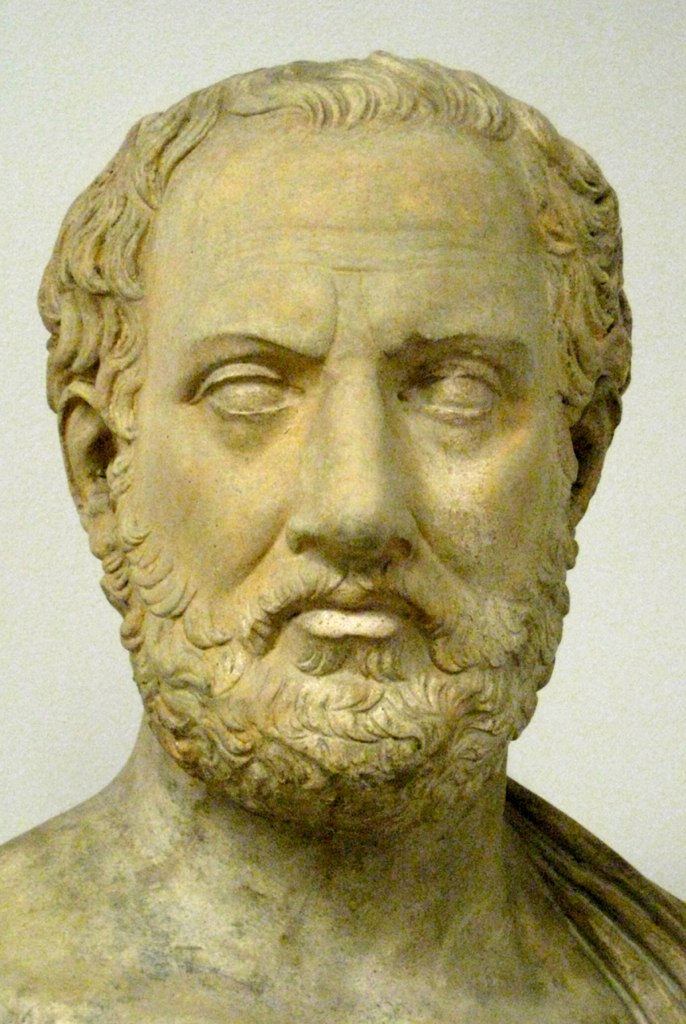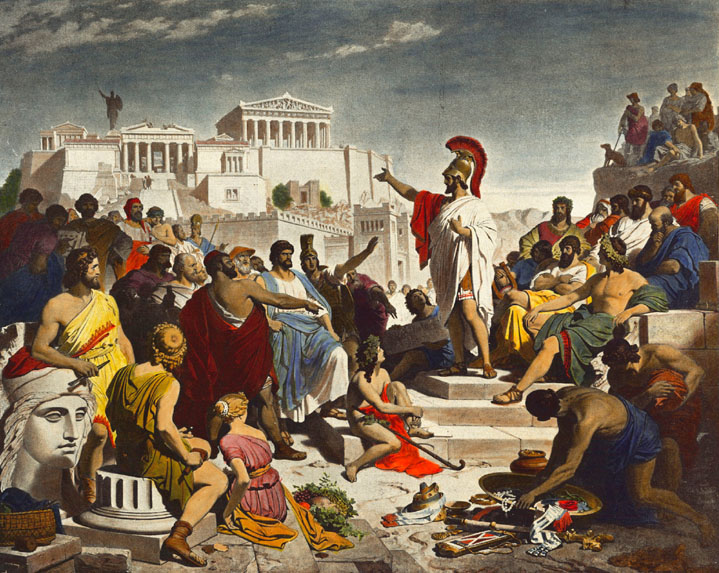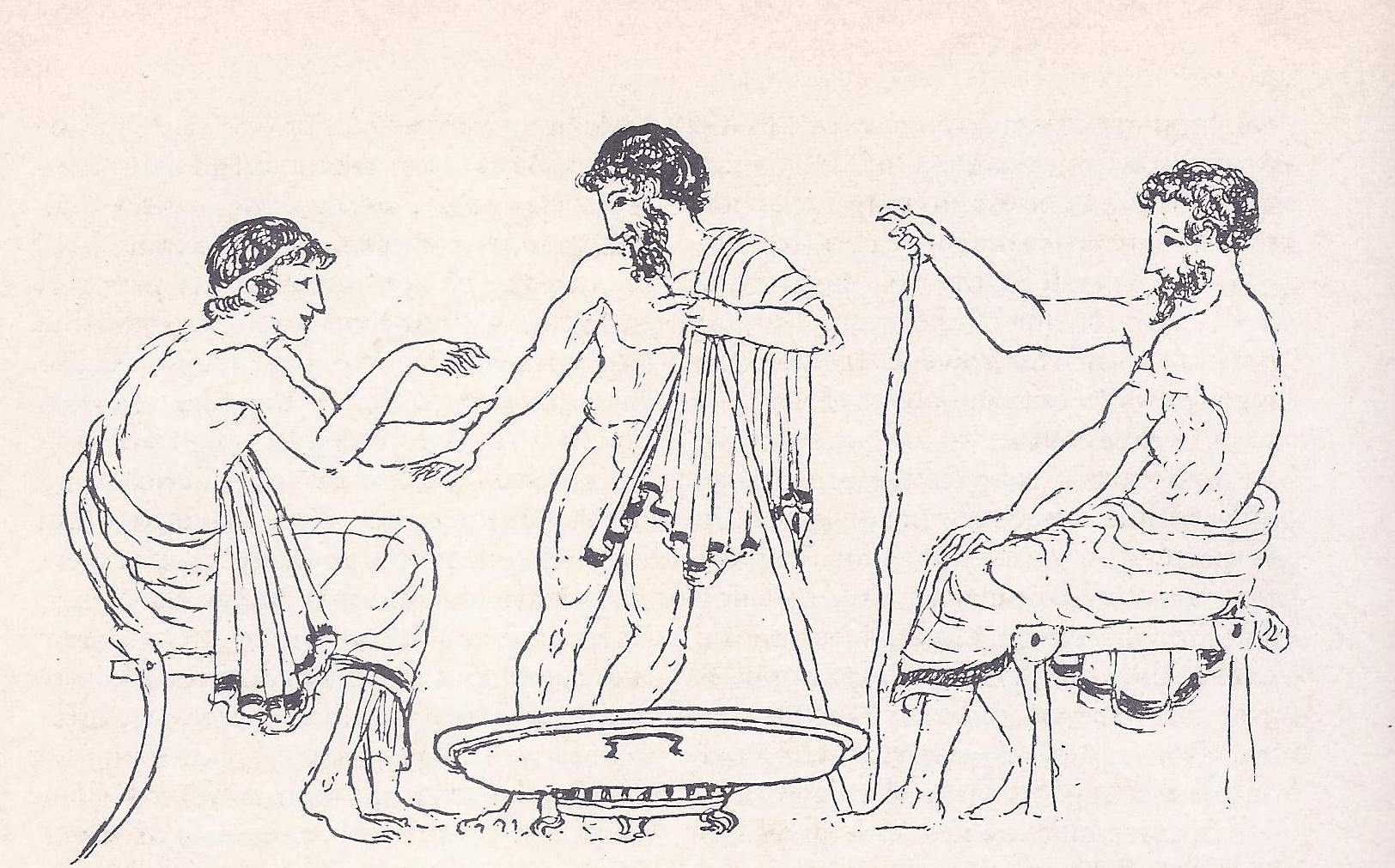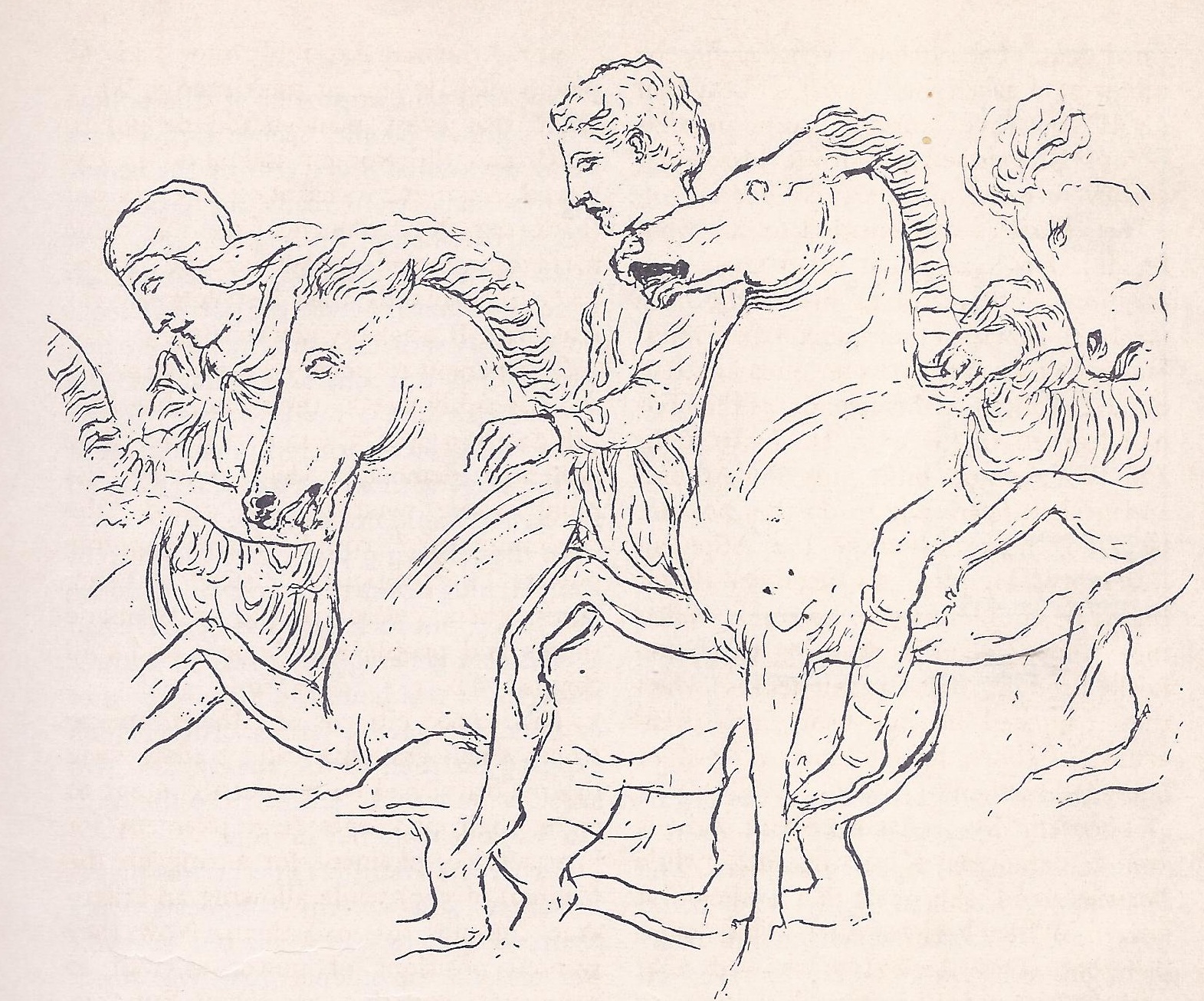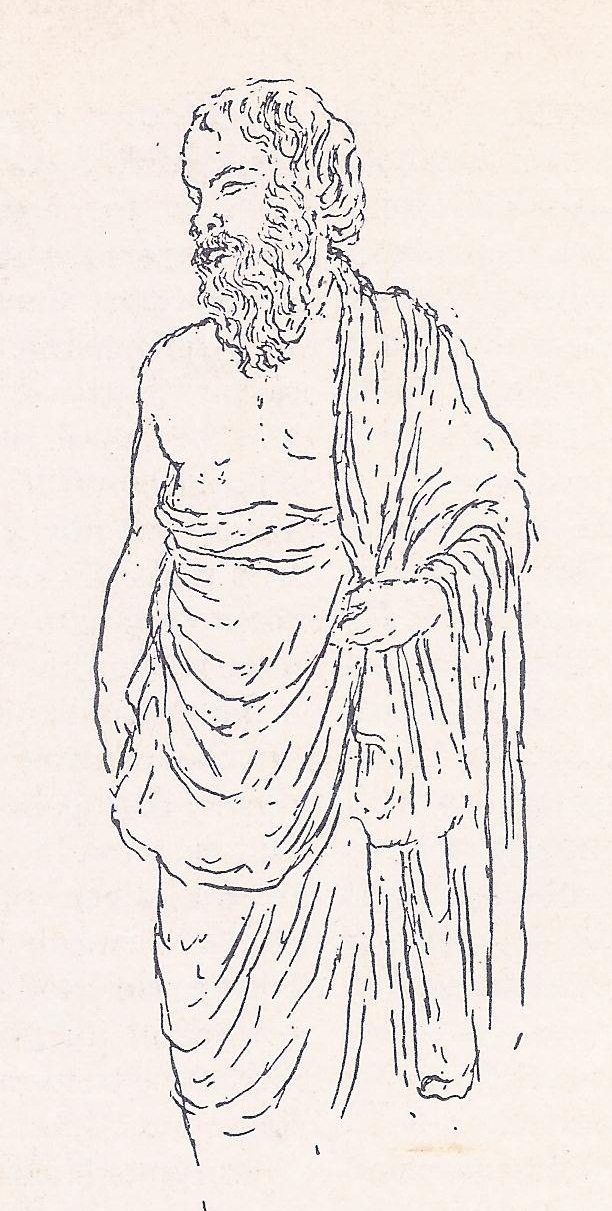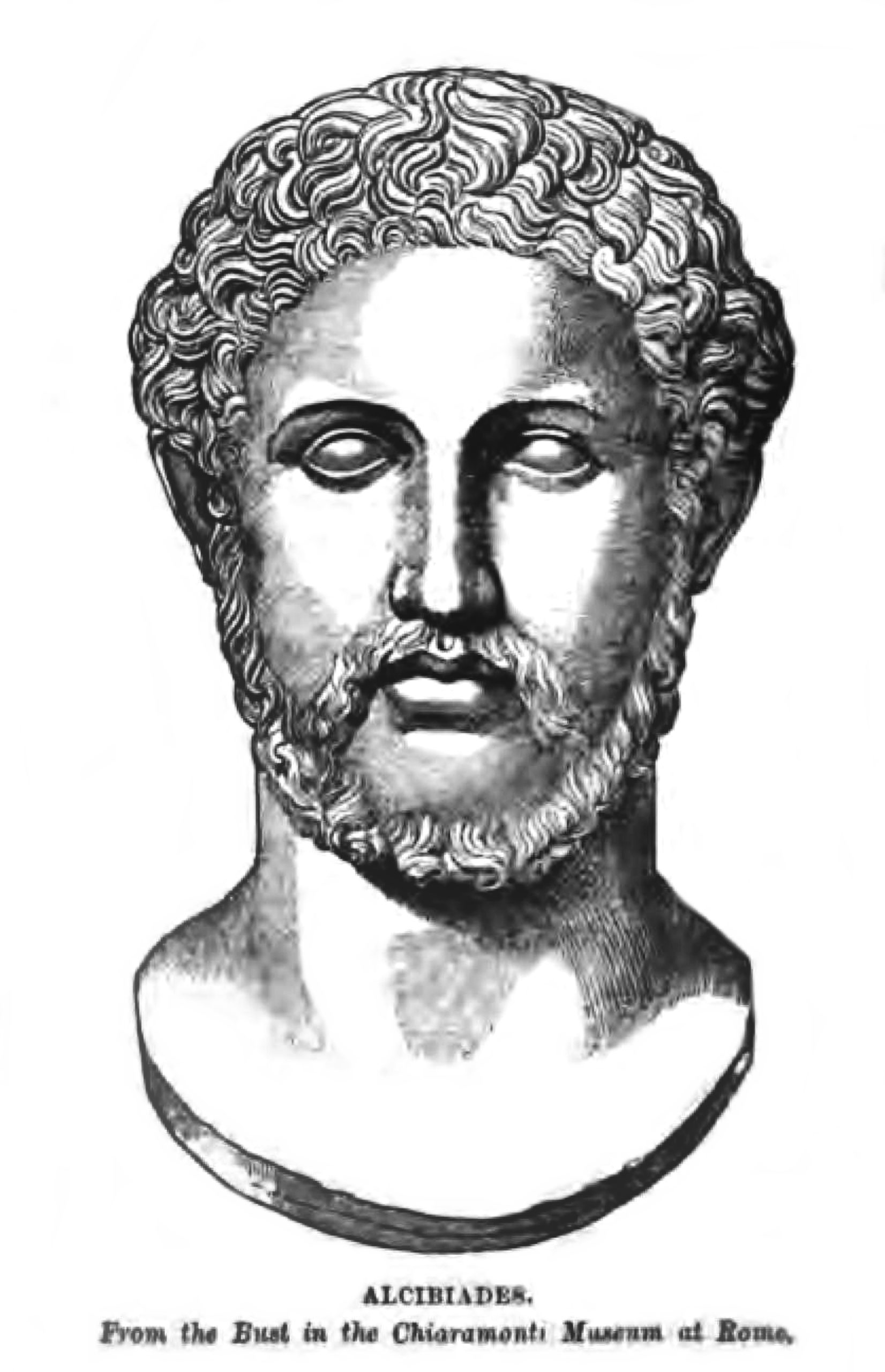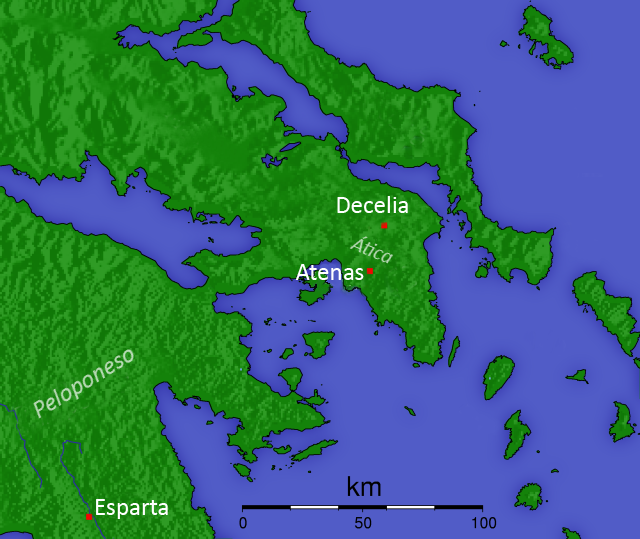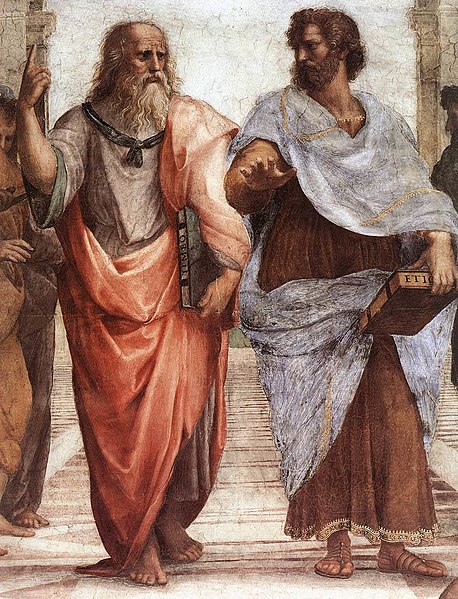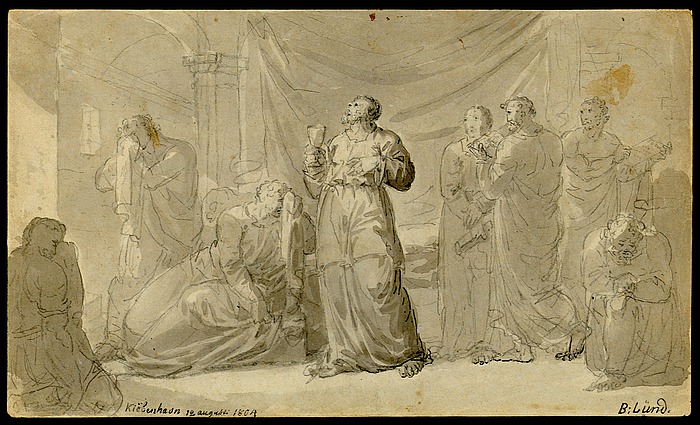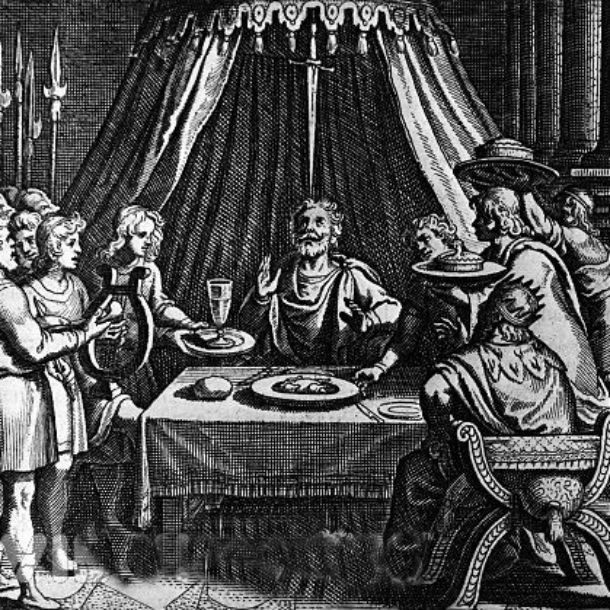Latest Posts
The Collapse of Crete (524 – 480 B.C.)
With the collapse of Crete, the Mediterranean focus moves to Greece. The destruction of Knossos in 1450 B.C. precipitated the
Buddha, the Prophet of the East (524 B.C.)
The Buddha as he came to be known, was a young man, Gautama, who followed the usual pursuits of someone
Assyria, Steppelands of Central Asia Sees New People Emerge and New Empires Rise (1191 – 524 B.C.)
The vacuum left in Western Asia by the passage of the Sea Peoples was soon filled. New peoples infiltrated into
Early Civilizations to Modern Age
The Ottomans, the Last Great Islamic Power A.D. 1299-1922
ACCORDING to their tradition, the Ottoman Turks once belonged to the same Central Asian tribe as the Seljuk Turks. Their
Islam the Civilizer A. D. 622-1406
IF Islam had never existed, the Christian countries of the world would probably be less advanced and certainly less varied,
India: A Thousand Years of History A. D. 1 – 710
UNTIL 1947, when the Moslem state of Pakistan was carved out of its western and eastern corners, the entire triangle
Distant Past and New Challenges
Milestones of History
Caliph of Cordova’s Library (950 A. D.)
Caliph of Cordova’s library, raised Cordova to its great eminence. It was Europe’s most glittering capital: a place where Moslems,
Cluny (950 – 955 A. D.)
Cluny, the Greatest Benedictine Abbey in Europe, was founded in 910. After the reign of the great Abd al-Rahman III,
Lechfeld (955 A. D.)
Lechfeld, the battleground outside Augsburg on St. Lawrence’s day, 10 August 955 A. D., was highly significant for the whole




